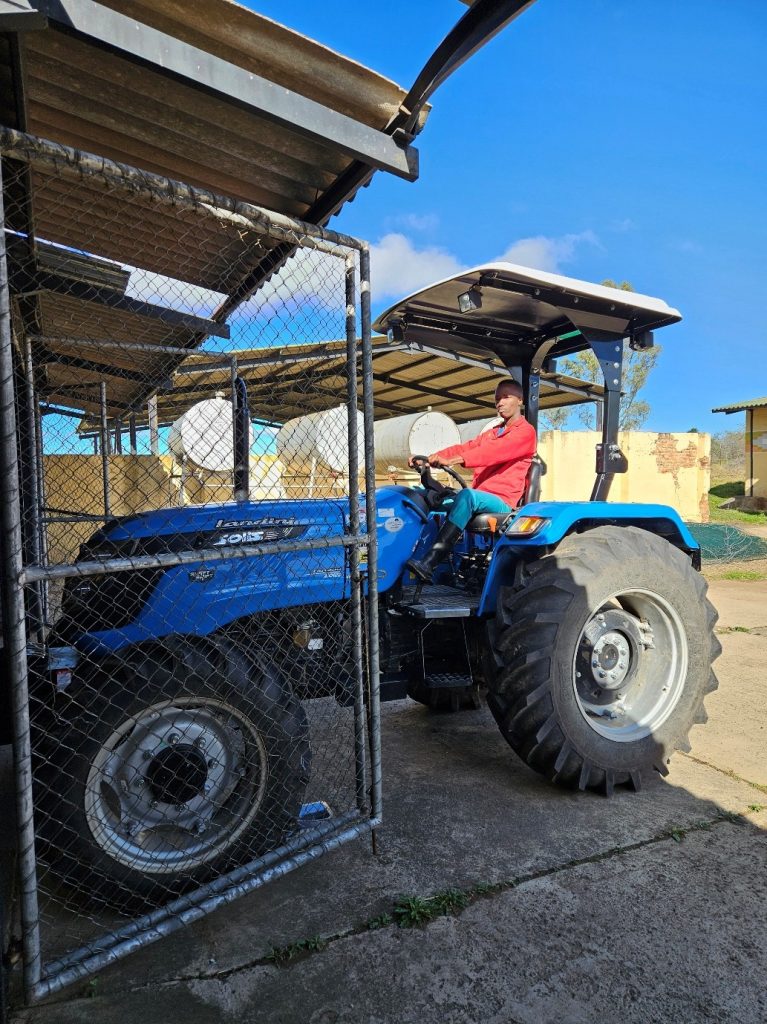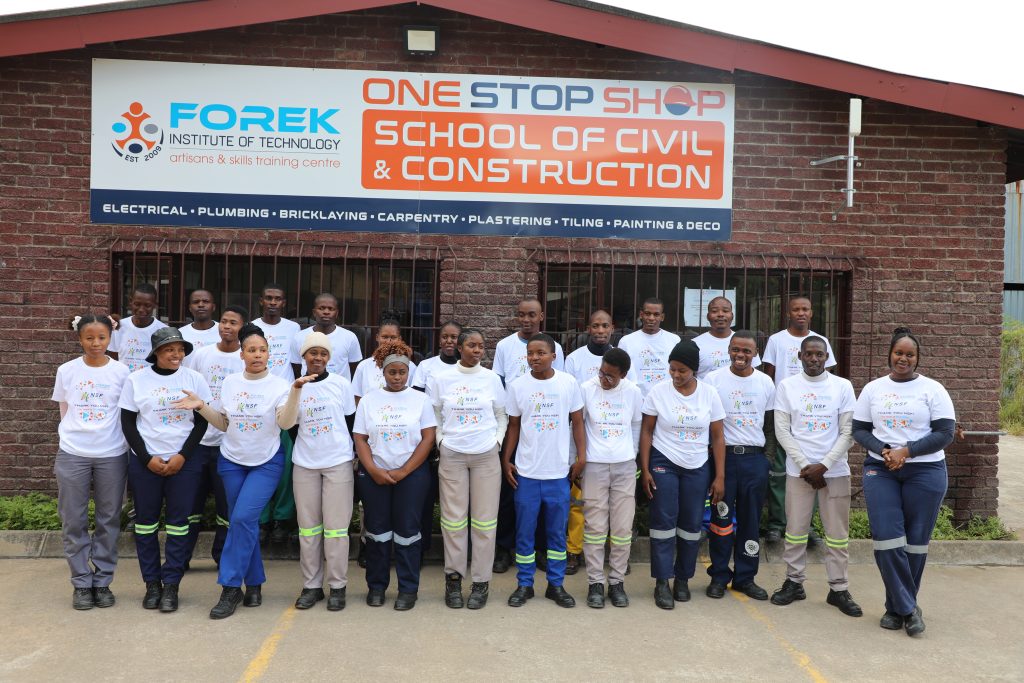By Sivuyisiwe Hombile
The National Skills Fund (NSF) is implementing a large-scale skills development intervention in the Eastern Cape Province as part of its contribution to the Integrated Sustainable Food Security and Development Programme. This initiative, which commenced on 1 July 2024, aims to address food security while equipping 2,050 beneficiaries with critical skills that support both agricultural productivity and economic participation.
A total of 2,050 beneficiaries across the Eastern Cape are enrolled in a Plant Production NQF Level 3 learnership, designed to equip communities with sustainable agricultural skills. To bridge traditional farming with innovation and enterprise, half of the participants will receive training in agricultural digitalisation through IT integration, while the other half will focus on business development and venture creation. Notably, at least 2% of all beneficiaries are persons with disabilities, reinforcing the programme’s inclusive approach to rural skills development.
The project is being implemented across 20 learning sites located in various municipalities of the Eastern Cape, leveraging the infrastructure of agricultural schools to reach communities in need. It spans municipalities within and between Raymond Mhlaba Local Municipality, west of the Kei River, through to Alfred Nzo District Municipality, east of the Kei River.NSF funding for these projects has enabled the purchase of tractors, crop sprayers, planters, various ploughs, rotary tillers, and disc harrows, among others. In addition, modern plastic tunnels and seeding trays with irrigation sprinklers ensure that plant production continues even during off-season periods.
An amount of R234 million has been approved for the implementation of this project, with a 19 month delivery period. Monitoring and oversight are conducted on a structured and ongoing basis to ensure compliance with the programme’s strategic objectives. Monthly engagements are held with Skills Development Providers (SDPs) to evaluate progress and confirm that implementation remains aligned with the intended goals and deliverables. These sessions also provide a platform for targeted support and capacity building where operational shortcomings or developmental gaps are identified.
Comprehensive quarterly reviews are further undertaken to assess both performance outputs and financial compliance, ensuring that all expenditures remain consistent with the approved budget and are fully substantiated. This robust monitoring framework is integral to maintaining accountability, ensuring quality assurance, and fostering continuous improvement across all aspects of the intervention

Andisiwe Mxela, a learner from Phandulwazi Agricultural School in Alice, whose highlight of the programme has been soil preparation, loosening the soil, enriching it with organic matter, and adjusting the pH where necessary, said: “This programme is not just giving us skills to grow food; it’s teaching us how to grow businesses and build a future for our communities.”
Through this project, the NSF continues to advance its mandate of facilitating access to demand-led skills development while contributing meaningfully to national development priorities, including inclusive economic growth and food security.



